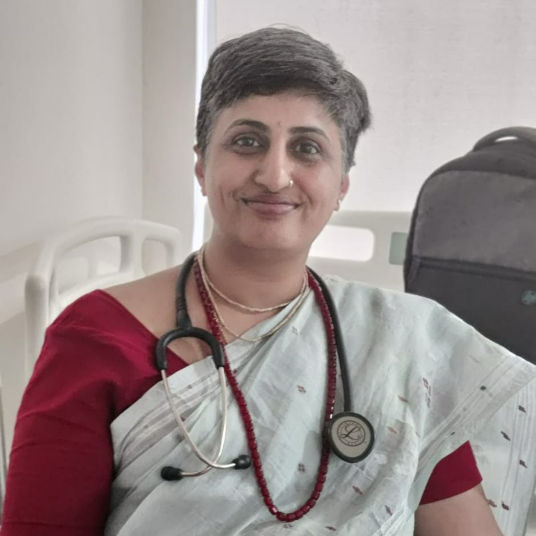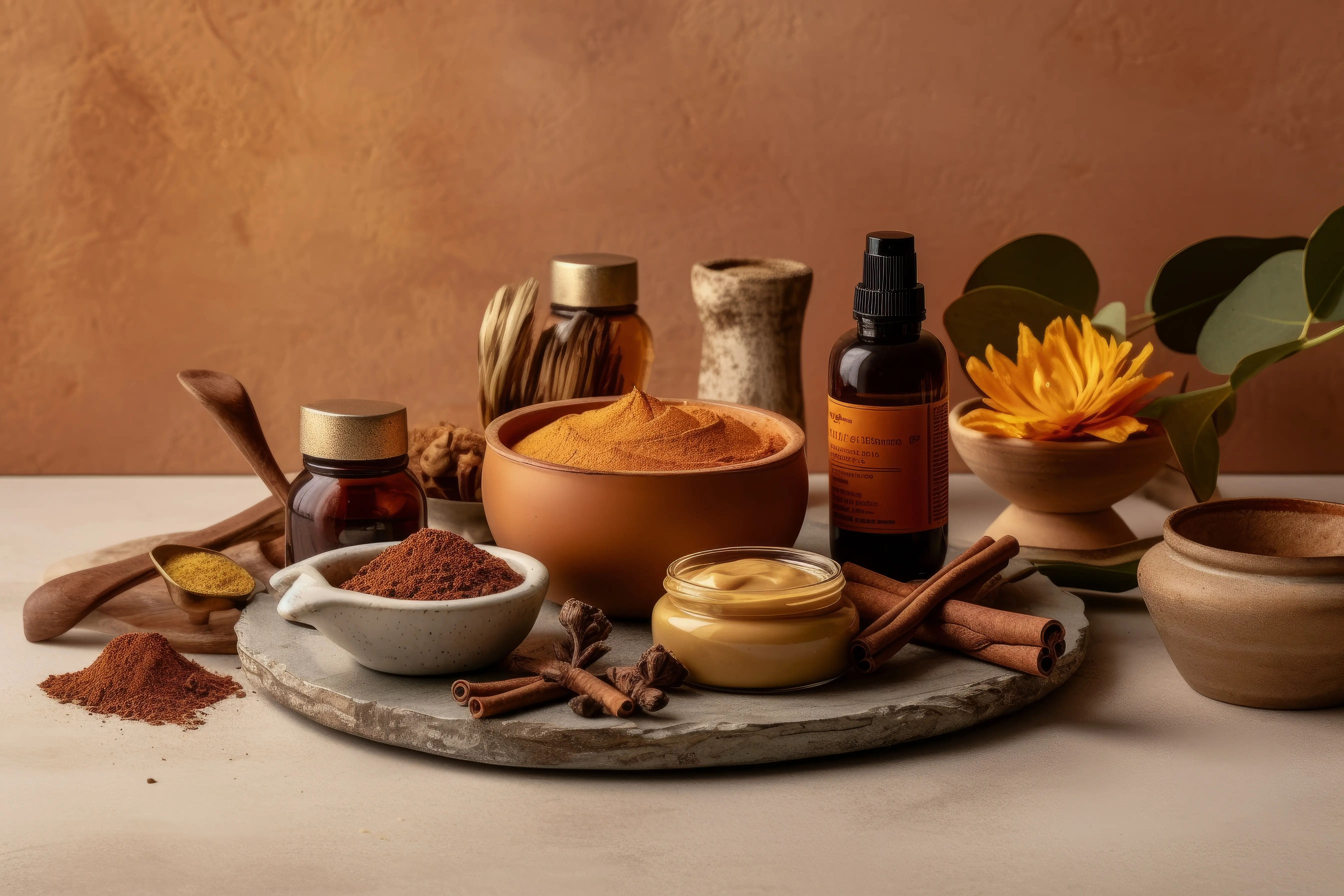Health Check-ups for Men
Discover the importance of regular health check-ups for men. Learn which tests to prioritize, when to get screened, and lifestyle tips for better health.

Written by Dr. M L Ezhilarasan
Reviewed by Dr. Rohinipriyanka Pondugula MBBS
Last updated on 14th Aug, 2025

Introduction
As men, we often prioritize work, family, and daily responsibilities over our health. However, regular health check-ups are essential to detect potential issues early and maintain a long, healthy life. Many health problems, like high blood pressure, diabetes, or heart disease, develop silently and only show symptoms when they become serious.
This guide will help you understand why health check-ups matter, what tests you should consider, and how to take charge of your well-being.
Why Are Health Check-ups Important?
Staying on top of your health isn’t just about treating problems; it’s about preventing them.
1. Early Detection of Diseases – Many conditions (like high cholesterol or prostate issues) can be treated more effectively if caught early.
2. Prevent Serious Complications – Regular screenings help prevent diseases from worsening.
3. Monitor Existing Conditions – If you have diabetes, hypertension, or other chronic illnesses, check-ups help track progress.
4. Improve Longevity & Quality of Life – Staying proactive with health leads to a healthier, more active life.
Consult a Top General Physician for the best advice
Essential Health Check-ups for Men
Regular health check-ups are crucial for men to detect potential health issues early and maintain long-term wellness. Here's a list of essential screenings every man should consider:
1. Blood Pressure Screening
- Why? High blood pressure (hypertension) can lead to heart disease or stroke.
- When? At least once a year (more often if you have a family history).
- What’s Normal? Below 120/80 mmHg.
2. Cholesterol Test (Lipid Profile)
- Why? High cholesterol increases heart disease risk.
- When? Every 4-6 years (annually if you have risk factors like obesity or diabetes).
- What’s Checked? LDL ("bad" cholesterol), HDL ("good" cholesterol), and triglycerides.
3. Diabetes Screening (Blood Sugar Test)
- Why? Early detection prevents complications like nerve damage or kidney disease.
- When? Every 3 years after age 35 (earlier if overweight or family history).
- Tests: Fasting blood sugar (normal: <100 mg/dL) or HbA1c (normal: <5.7%).
4. Prostate Health (PSA Test & Digital Exam)
- Why? Prostate cancer is common in men over 50.
- When? Discuss with your doctor starting at age 50 (earlier if high risk).
5. Heart Health (ECG & Stress Test)
- Why? Detects irregular heartbeats or blockages.
- When? If you have chest pain, shortness of breath, or risk factors like smoking.
6. Liver & Kidney Function Tests
- Why? Checks for liver disease, kidney damage, or infections.
- When? Annually if you have diabetes, high BP, or alcohol consumption.
7. Testosterone Levels
- Why? Low testosterone causes fatigue, low libido, and muscle loss.
- When? If experiencing symptoms like low energy or mood swings.
8. Colon Cancer Screening (Colonoscopy)
- Why? Detects polyps or early signs of cancer.
- When? Starting at age 45 (earlier if family history).
9. Eye & Dental Check-ups
- Eye Exam: Every 2 years (annually if diabetic).
- Dental Check-up: Every 6 months to prevent gum disease.
10. Bone Density Test (For Older Men)
- Why? Osteoporosis isn’t just a women’s issue—men over 70 should check bone health.
Get Your Health Assessed
Lifestyle Tips for Better Health
Healthy lifestyle tips to improve your well-being:
1. Eat a Balanced Diet – Include fruits, vegetables, lean proteins, and whole grains.
2. Exercise Regularly – Aim for 30 minutes of activity (walking, jogging, gym) most days.
3. Quit Smoking & Limit Alcohol – Both increase heart disease and cancer risk.
4. Manage Stress – Practice meditation, deep breathing, or hobbies to relax.
5. Get Enough Sleep – 7-8 hours per night helps recovery and mental health.
When to See a Doctor Immediately?
Don’t ignore these warning signs:
- Chest pain or difficulty breathing
- Sudden weight loss/gain
- Persistent fatigue
- Unusual lumps or skin changes
- Frequent headaches or dizziness
Conclusion
By staying proactive with regular health screenings and a healthy lifestyle, you can enjoy a longer, happier, and more active life. Remember, prevention is always better than cure!
Consult a Top General Physician for the best advice
Consult a Top General Physician for the best advice

Dr. Aman Kumar
General Physician/ Internal Medicine Specialist
29 Years • MBBS, MD
Chennai
Apollo Hospitals Heart Centre Thousand Lights, Chennai
(75+ Patients)

Dr Rajashree Dhongade
General Physician/ Internal Medicine Specialist
9 Years • MD.Medicine,Fellowship in Critical Care Medicine (MUHS)
Nashik
Apollo Hospitals Nashik, Nashik
(25+ Patients)

Dr. Rama Narasimhan
General Physician/ Internal Medicine Specialist
20 Years • MBBS, MD
Chennai
Apollo Hospitals Greams Road, Chennai

Dr Vinay Kumar A V
Nephrologist
8 Years • MBBS, MD - General Medicine, DM - Nephrology
Bilaspur
Apollo Hospitals Seepat Road, Bilaspur

Dr. Ashmitha Padma
General Physician/ Internal Medicine Specialist
5 Years • MBBS, MD Internal Medicine
Bengaluru
Apollo Hospitals Jayanagar, Bengaluru
Consult a Top General Physician for the best advice

Dr. Aman Kumar
General Physician/ Internal Medicine Specialist
29 Years • MBBS, MD
Chennai
Apollo Hospitals Heart Centre Thousand Lights, Chennai
(75+ Patients)

Dr Rajashree Dhongade
General Physician/ Internal Medicine Specialist
9 Years • MD.Medicine,Fellowship in Critical Care Medicine (MUHS)
Nashik
Apollo Hospitals Nashik, Nashik
(25+ Patients)

Dr. Rama Narasimhan
General Physician/ Internal Medicine Specialist
20 Years • MBBS, MD
Chennai
Apollo Hospitals Greams Road, Chennai

Dr Vinay Kumar A V
Nephrologist
8 Years • MBBS, MD - General Medicine, DM - Nephrology
Bilaspur
Apollo Hospitals Seepat Road, Bilaspur

Dr. Ashmitha Padma
General Physician/ Internal Medicine Specialist
5 Years • MBBS, MD Internal Medicine
Bengaluru
Apollo Hospitals Jayanagar, Bengaluru








